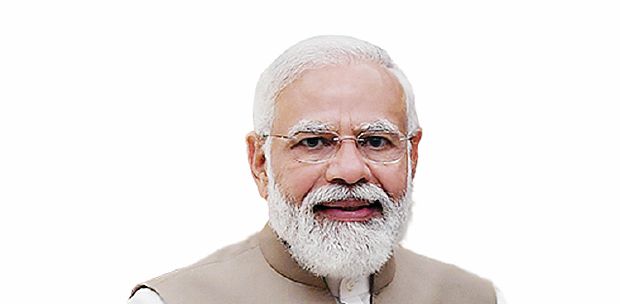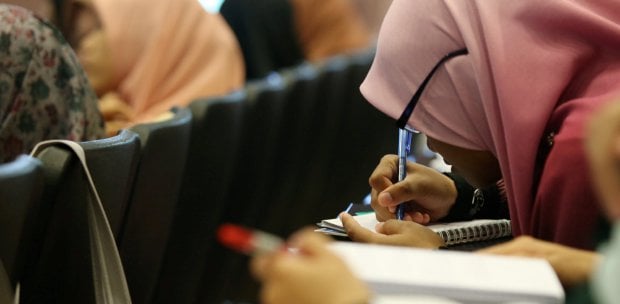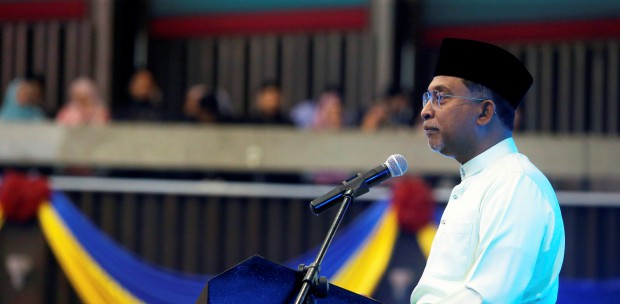Soon we will know the results of the Times Higher Education's Impact Rankings 2021, the only global benchmarking of universities based on their commitment to achieve the Sustainable Development Goals (SDGs).
While the short-term purpose is to measure what higher learning institutions are doing on their own to help achieve the goals, the real intent of the ranking is to propel long-term and ambitious actions to ensure the realisation of the Agenda 2030 of which the SDGs are an inspirational and pragmatic platform for actions.
A prestigious yearly ranking is a good stimulus to nudge universities into doing something positive for their communities, nations and the planet, but the real opportunity here is to use the pressure to rise in the standings to really rethink the role of universities and their contributions in the so-called "build back better" movement.
Malaysian universities have been doing pretty good since the inception of the ranking two years ago and they have been progressively stepping up with several of them being widely acknowledged for their commitment towards the Agenda 2030.
With the 2021 ranking, we will soon figure out not only if they will be able to maintain their upward trajectory of last year, but also if they will further raise their standards.
Surely we can expect a much higher number of them throwing their hats in the ring, but if the level of ambition among them is getting bolder, will their vision grow and be able to align to the urgent needs that must be faced to successfully transition to a post-pandemic world?
It is not really about indicators or outputs like the number of training or community outreach services being pursued, but it is about setting up new strategic commitments to rethink — pretty much from scratch — the role and responsibilities of the higher education sector in the country.
For a start, the top echelons of universities in Malaysia must realise that the game is changing and the mission so far pursued might have to be retooled quite drastically because the nation needs to step up if it wants to become a global trendsetter in sustainable development.
We all know that there is so much to catch up here.
As rethinking of sustainability, inclusion and community partnerships must be embraced, it is not surprising that during the upcoming Times Higher Education's Innovation and Impact Summit to be held from April 19 to 22 when the new ranking will be disclosed, one of the sessions will focus on "Innovation vs Impact: The Changing Role of Universities in Communities".
The new paradigm should engage more and better students. A higher level of involvement and higher ownership from them will help propel universities towards new levels of sustainable ambitions that otherwise would be unthinkable.
One of the key speakers at the summit will be Marianna Mazzucato, a famous academician, author and bold thinker. She will talk about the role of universities in actively participating in new "missions" focused on helping to solve the most pressing issues.
What could such "missions" look like for Malaysian universities? Help rethinking urban mobility? Work with local governments for micro and macro sustainability strategies? Devise new pathways for social mobility and inclusion that will ensure better equitable outcomes for the most disadvantaged segments of society?
How could universities have their students fully participate in designing such missions, helping to establish local compacts of sustainable development and knowledge with local stakeholders?
Can existing networks like the Asia-Pacific University-Community Engagement Network (APUCEN) and AsiaEngage step up and attract the much-needed resources for them to play the important roles of facilitators and enablers?
Universities in Malaysia have been making great strides in the last decade. They are more recognised and acknowledged within the region and globally.
As the main vehicle to educate, engage and lead young people towards embracing the Agenda 2030, will they embrace the opportunity provided by the Impact Ranking to radically transform the public education in the country and help Malaysia become a pillar of the new sustainability and inclusion global imperative?
The author is the Co-Founder of ENGAGE and writes on social inclusion, youth development, regional integration and the SDGs in the context of Asia-Pacific






